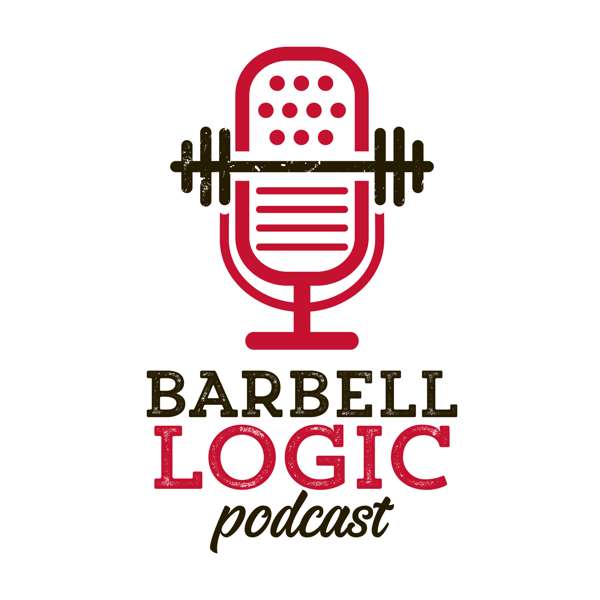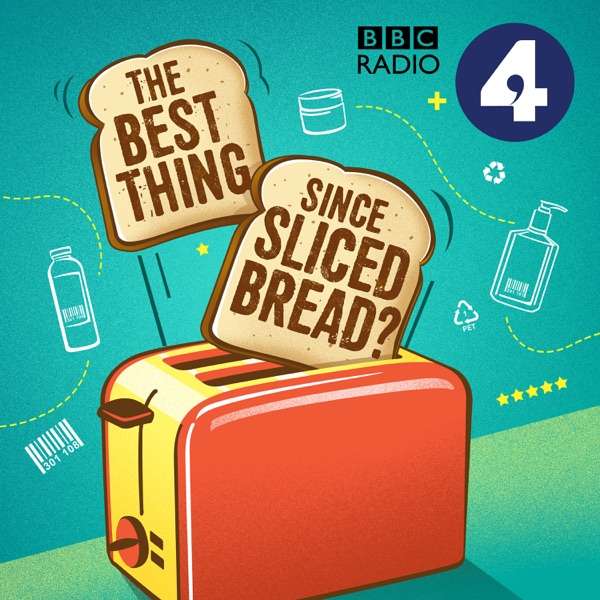Working parenthood is not for the faint of heart. Sometimes the stress of toggling between family and professional roles can feel like too much! And... it can also be a meaningful source of joy, inspiration, and creativity.
In this extra special episode, we talk to our very own co-host, Dr. Yael Schonbrun about her new book, Work, Parent Thrive: 12 Science-Backed Strategies to Ditch Guilt, Manage Overwhelm, and Grow Connection (When Everything Feels Like Too Much). Yael draws on psychology research as well as her own experience as a working mom of three, to offer ideas that will help even the most stressed of working parents! This book banishes the idea that the key to ultimate working parenthood is the ability to do it all. Instead, the key is to learn how these roles, together, help you thrive.
Listen and Learn:
● How Yael’s own experience as a hard-working mother of three informed her ideas for her book.
● How to shift from a “work family conflict mindset” to a “work family enrichment mindset”
● Why interruptions that feel really annoying might actually be good for you.
● Whether or not finding perfect work-life balance is a realistic goal (spoiler alert: it’s not)
● The role of values in making choices about work and family
● How to deal with parental guilt effectively
● How working parenthood offers opportunities for growth
● About how cooking has offered Jill a lesson in when to grit and when to quit
● The power of rest, and what Yael is up to on her tech-free Saturday sabbath days
Resources:
● Get your copy of Work, Parent, Thrive!
● Check out Yael’s webpage and her POTC episodes!
● Read Yael’s New York Times article on working parenthood, and other media appearances in the Wall Street Journal, Greater Good Science Center, Behavioral Scientist, Kveller, Lilith Magazine, The Wise Brain Bulletin, Psychology Today, and Motherly.
● Grab your copy of all our favorite books at bookshop.org/shop/offtheclockpsych.
● Check out Debbie, Yael, and Jill’s websites to access their offerings, sign up for their newsletters, buy their books, and more!
About Yael: Dr. Yael Schonbrun is a co-host of the greatest podcast of all times, Psychologists Off the Clock, and that’s all you need to know about her.
Just kidding! Yael Schonbrun, Ph.D., is a clinical psychologist, assistant professor at Brown University, co-host of Psychologists Off the Clock, and mother of three. She has a Ph.D. in clinical psychology from the University of Colorado, Boulder, and completed her postgraduate training at Brown University. Yael’s academic research explores the interaction between relationship problems and mental health conditions. She has authored the book Work, Parent Thrive: 12 Science-Backed Strategies to Ditch Guilt, Manage Overwhelm, and Grow Connection (When Everything Feels Like Too Much), as well as chapters in several books and dozens of scientific articles. In her private practice, writing, and podcasting, Yael uses evidence-based science to help individuals and couples learn to manage work, parenting, and marriage in more effective and fulfilling ways. Yael’s writing on work, parenting, and relationships has appeared in the New York Times, Wall Street Journal, Greater Good Science Center, Behavioral Scientist, Kveller, Lilith Magazine, The Wise Brain Bulletin, Psychology Today, and Motherly. You can follow her on Twitter, where she posts about the science and practice of work and family.
Related Episodes:
- 24. Choosing Both: Straddling Meaningful Career and Parenthood with Yael Schonbrun
- 33. Couples with Young Children: Relationship Challenges and Strategies with Yael Schonbrun
- 83. The Tao of Work and Family Balance with Tod Perry and Carl Totton
- 174. How to Work and Parent Mindfully with Lori Mihalich-Levin
- 211. Subtract with Leidy Klotz
- 267. You are Not a Horrible Parent with Carla Naumburg
Learn more about your ad choices. Visit megaphone.fm/adchoices

 Our TOPPODCAST Picks
Our TOPPODCAST Picks  Stay Connected
Stay Connected







